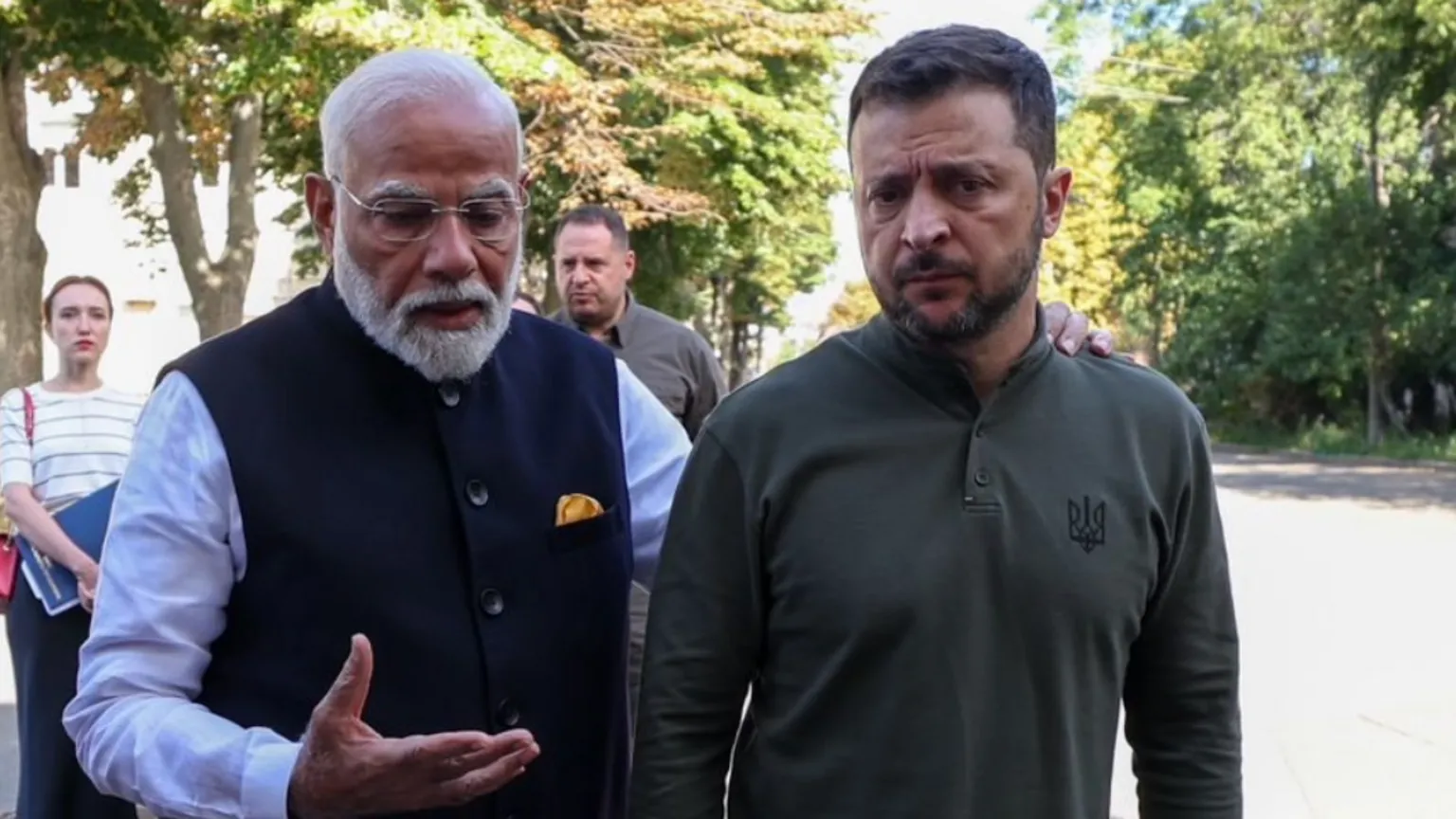Indian Prime Minister Narendra Modi has landed in Ukraine for an official visit with President Volodymyr Zelensky. The visit has been set up after the latter’s meeting with Russian President Vladimir Putin in Moscow a few weeks ago.
This visit is important because Kyiv and some Western capitals reacted sharply to Mr Modi’s visit in the Russian capital in July.
Mr Zelensky was unsparing in his criticism; he is reported to have said he was “disappointed to see the leader of the world’s largest democracy hug the world’s most bloody criminal in Moscow”.
So, is Mr Modi visiting Kyiv to placate Mr Zelensky and other Western leaders?
Not quite.
It’s not uncommon for India to find and outline that balancing act vis-à-vis its two competitors or blocs. The non-alignment approach – famous in the world politics of the 1970s – has, after all, served the country very well over decades.
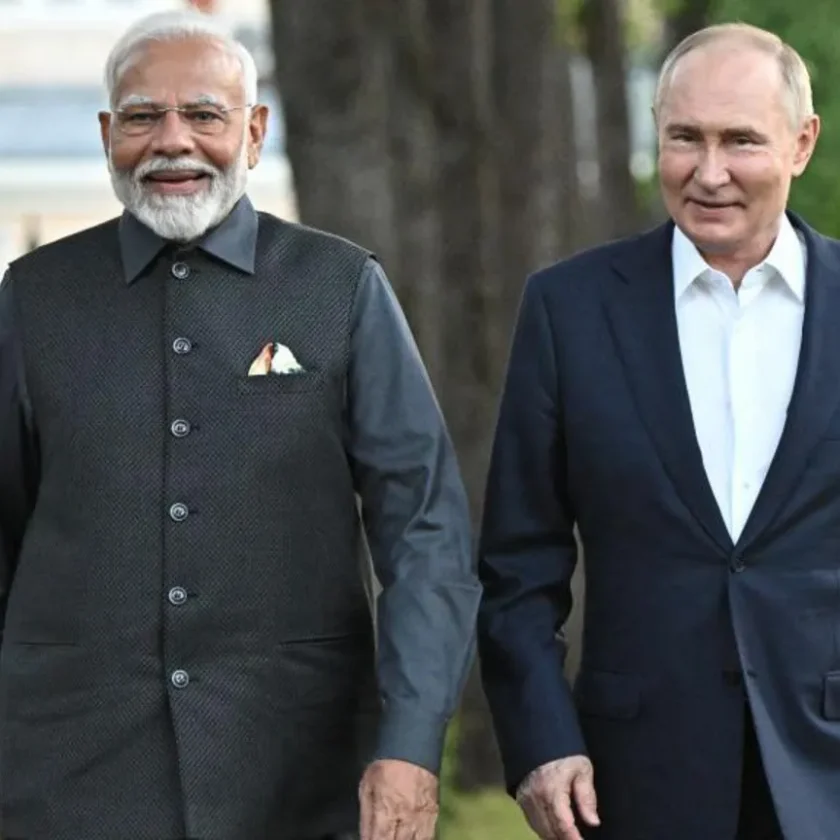
The Friday visit—the first by an Indian Prime Minister to Ukraine—is more about signaling that while it will continue to have strong relations with Russia, India will still be working in close coordination with the West.
The visit, according to Michael Kugelman, director of the South Asia Institute at the Wilson Centre think-tank in Washington, “further reasserts the strategic autonomy of India”.
‘India isn’t in the business of placating western powers, or anyone for that matter. This is a trip meant to advance Indian interests by reassuring friendship with Kyiv and informing its concerns about the continuing war,’ he says. He also said that though the timing of the visit does reflect that Indian diplomats have taken onboard the sharp reactions from the US over Mr Modi’s Moscow visit.
India has stayed away from directly reprimanding Russia over the hostilities much to the annoyance of Western powers.
Modi’s tightrope act as he meets Putin in Moscow
However, Delhi on many occasions talked about the need to ensure the territorial integrity and sovereignty of nations and constantly sought diplomacy and dialogue to end the hostilities.
The visit of Mr Modi to Moscow in July took place just hours after the Russian bombing that killed at least 41 people in Ukraine, including that at a children’s hospital in Kyiv, provoking an outcry across the world.
The PM of India termed the death of children as painful and scaring but stopped short of placing a blame on Russia.
This is unlikely to change even if Mr Modi visits Kyiv. The muted stand of New Delhi has been quietly accepted by the US and other Western nations, citing India’s time-tested ties with Moscow and its dependence on Russian military equipment.
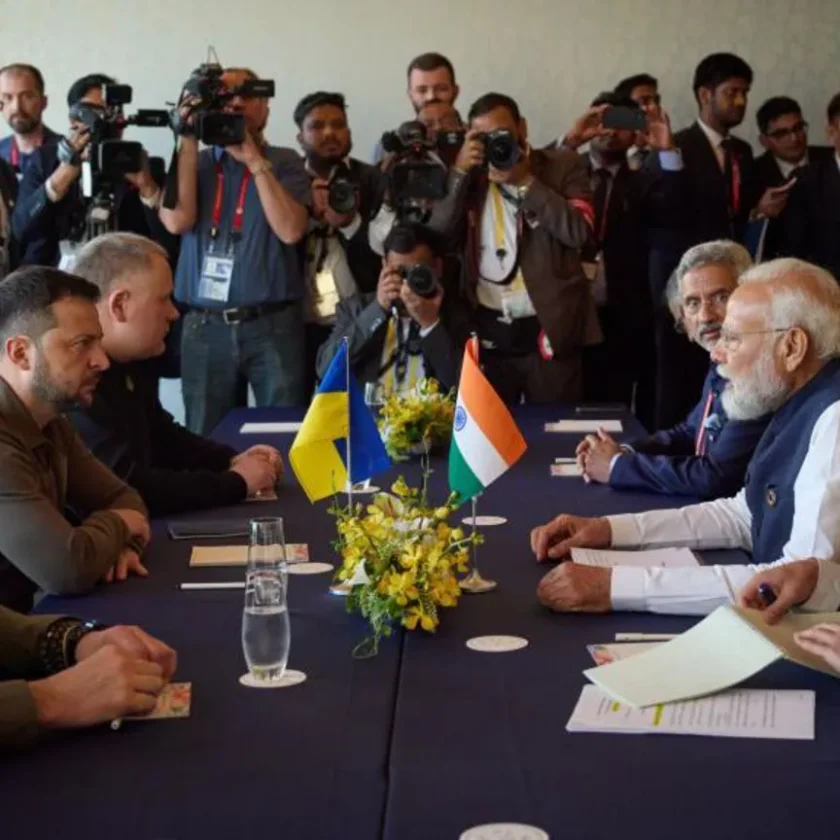
Over the last few years, however, India has diversified its defense import portfolio and also grown domestic manufacturing – yet it still buys more than 50% of its defense equipment from Russia.
India has also increased its oil imports from Russia to take advantage of cheaper prices offered by Moscow – Russia was the top oil supplier to India last year.
The US and its allies have repeatedly appealed to India to take a clearer stand on the war but have also avoided issuing harsher sanctions or pressure.
The Western world view India as a counterbalance to China and do not want to upset this dynamic. India, now the fifth largest economy in the world, is also a growing market for business.
Mr Kugelman said the West would welcome the visit and view it as Delhi’s willingness to engage with all sides.
“Mr Modi has a strong incentive to signal that it’s not leaning so close to Moscow that there’s nothing to salvage with Kyiv,” he says.
This is important since India is keen on expanding its interaction with the West, primarily the US, and would not want to mar the momentum. Eric Garcetti, the US ambassador to India, recently said the relationship should not be “taken for granted”.
India also needs the West since China, its Asian rival, and Russia are recent big friends.
While New Delhi has viewed Moscow more traditionally as a power that can occasionally act as a counterweight to an assertive China, it would not be wise to take it for granted.
At the same time, several media commentators have been talking of the possibility of Mr Modi as a peacemaker, given India’s friendship with both Moscow and the West.
It’s not very likely that he will turn up with a peace plan.
“‘Is India really up to it, and are the conditions right?’ India doesn’t brook other countries trying to meddle in its own issues, chief among them being Kashmir. And I don’t believe that Mr Modi would formally offer mediation until both Russia and Ukraine do ask for it. And, at this point of time, I don’t think that would happen,” says Mr Kugelman.
But Ukraine will, for its part, still host Modi and welcome the opportunity to engage with a close Kremlin ally, a role it has scarcely been able to play since the war began.
For his part, Zelensky will be no more reticent in his criticism of Putin when Modi is in the room than he is any other time in public. Modi can handle that, having been down that road countless times in other Western cities.
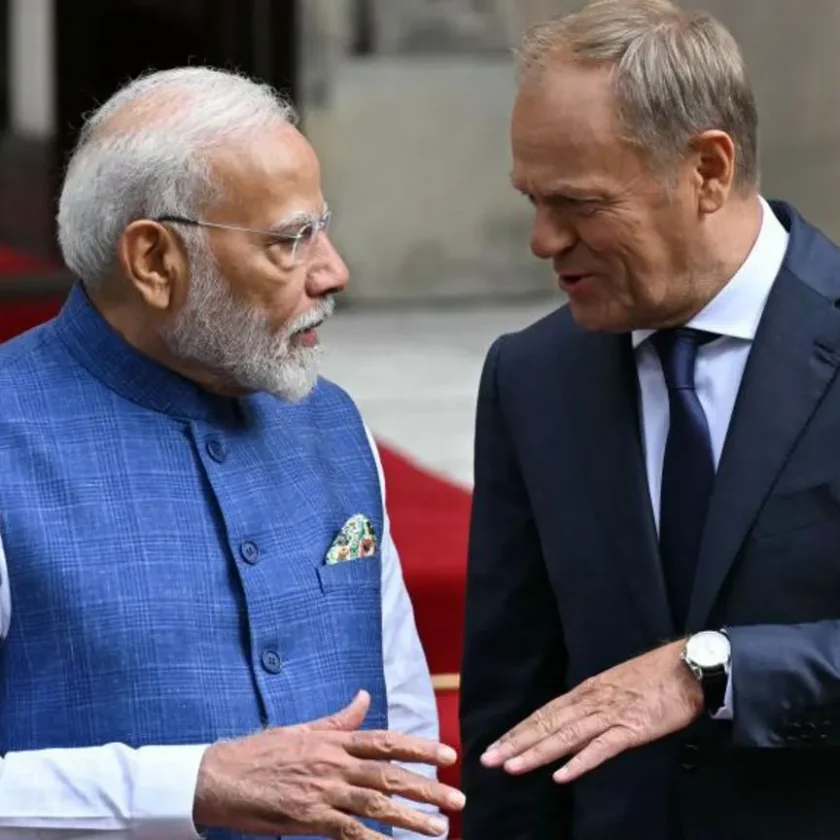
Moscow is not expected to react to the visit since it is also compromising with Delhi’s multilateral perspective about geopolitics.
However, much more expect to be achieved from the visit beyond reiterating it the policy of non-alignment.
India, over the last one decade, has pushed its outreach programme with more significant engagement in Europe – especially the under-penetrated Central and Eastern Europe.
Delhi wants to continue consolidating its relations with the big four – the UK, Italy, Germany, and France – but also wants to boost engagement with other countries in Europe.
Mr Modi is also visiting Poland during this trip – the first Indian PM to visit the country in 45 years. He also became the first Indian prime minister to visit Austria in 41 years in July.
Analysts noted this to be an indication of India’s sense of the future, as the central European nations are going to play a bigger role in geopolitics and thus having strong ties with them for Delhi.
In another front the Indian government also re-started the trading deals with Europe. Notably, India had signed a trade and investment agreement with the European Free Trade Association, the intergovernmental organization which includes Iceland, Liechtenstein, Norway and Switzerland.
So while there is bound to be much talk and focus on the war at hand during his visit, Indian diplomats would, in all likely cases, remain glued to the arizonauts of the bigger picture.
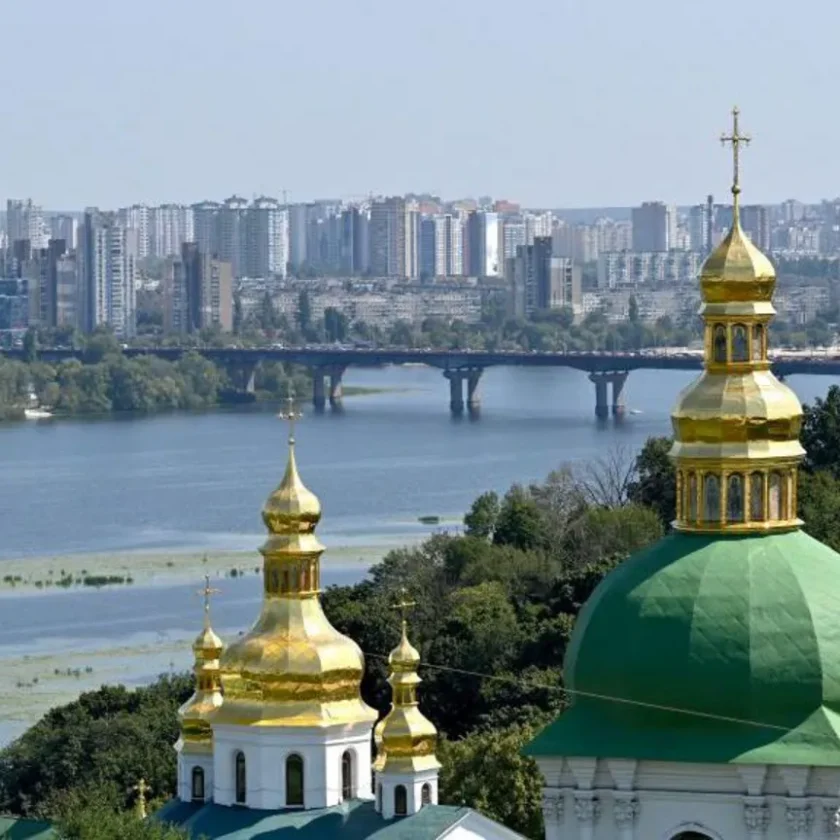
“Central and Eastern Europe now have enhanced agency to script their own destiny and reshape regional geopolitics. Mr Modi’s visit to Warsaw and Kyiv is about registering that historic change at the heart of Europe and deepening bilateral political, economic and security ties with the Central European states,” foreign policy analyst C Raja Mohan wrote in Indian Express, summing up the wider goal of Mr Modi.

